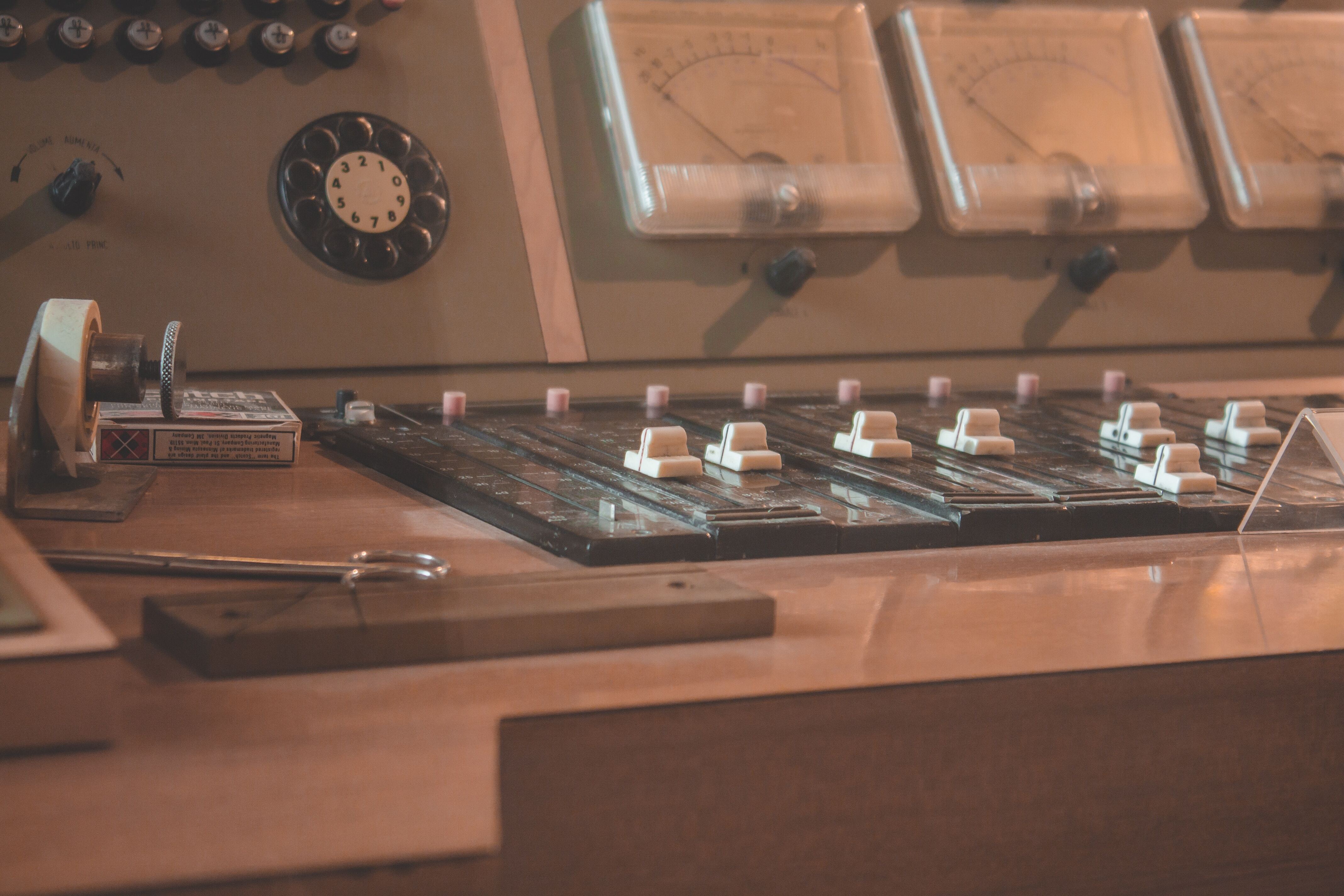Stolen content, fraudulent streaming and bad claims – An epidemic in music publishing
Within the entirety of the digital music landscape, these are issues that all distributors and music stores have to tackle. However, tracking down a dodgy composition claim is a lot tougher than removing a sound recording.
Over the summer, there has been a spotlight on a popular music publishing administrator and if the content they are claiming on is all legitimate, resulting in frozen payments and disturbed revenue flows for writers who use their service.
Collecting your publishing royalties can be difficult at the best of times, so as an independent songwriter – this is the last thing you need.
Firstly, it’s important to note the difference between dealing with a sound recording and dealing with a composition. The process behind claiming digital sound recording royalties are far more straightforward and refined.
For example, if you go onto Spotify and click on a Miley Cyrus song, the play will be registered. It is so polished that if you have distributed music to Spotify, you can sign into Spotify for Artists and see how many people are currently listening to your music.
Unfortunately, collecting publishing data is not that simple. Unlike a sound recording, a composition can attach itself to multiple identifiers and ISRC codes, this is because an original song, a remix, a live recording or a different artist doing a cover all still counts as the same composition (albeit different versions).
Publishing completely relies on metadata (written information that describes data), and matching that data to the relevant compositions. It also requires the name of the writer/composer to make sure the earnings are being distributed to the correct person.
Recent questioning towards music publishers
Over the past months, major rights collecting societies such as PRS for Music, SACEM, and ICE have been clamping down on the content that is being uploaded to them – and in a severe case, froze payments to a major publishing administrator, whose sole purpose is to ensure writers receive their earnings.
This is largely to do with poor content moderation combined with deliberately fraudulent activity. Traditionally, the collection of publishing royalties applied only to the biggest writers and artists. Most agreements are written through label contracts and it’s obvious who owns what part of a song.
Now, there are publishing administrators (like RouteNote Publishing) that offer royalty collection to all artists who write their own music no matter what size. However, most independent artists don’t need the paperwork that large labels need. This makes it more difficult to ensure that all songs being claimed are all legitimate.
How does bad content get uploaded to music publishing?
Unfortunately, it is fairly easy to claim publishing royalties on the wrong song. If someone claims they are the composer of a famous song and no-one checks the submission – it is left to the collection societies to work out that the claim is false.
Publishers and administrators also work with thousands of rows of data every day so it’s easy for something to slip through the cracks without prior caution.
How does RouteNote Publishing combat these issues?
The main way to avoid these issues is making sure the songs that we claim publishing royalties on are thoroughly checked using our own in-house team of moderators, this avoids erroneous claims being made through invalid submissions, and ensures that you as a songwriter have the clearest path possible to claiming your hard earned publishing royalties.
As many RouteNote users will know, our distribution service also has a vigorous moderation team that listens to every single release that comes through RouteNote. Whilst this does mean our distribution takes a bit longer, it makes us much more likely to catch fraud streamers, block stolen content and make sure all the correct licences are in place.
When you sign up for RouteNote Publishing, we double check all releases that join our service just in case anything has been missed. This keeps our collection societies happy, keeps our publishing disputes low and makes sure your royalties enter your pockets every month.
